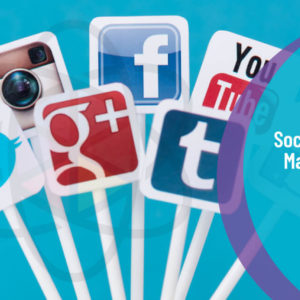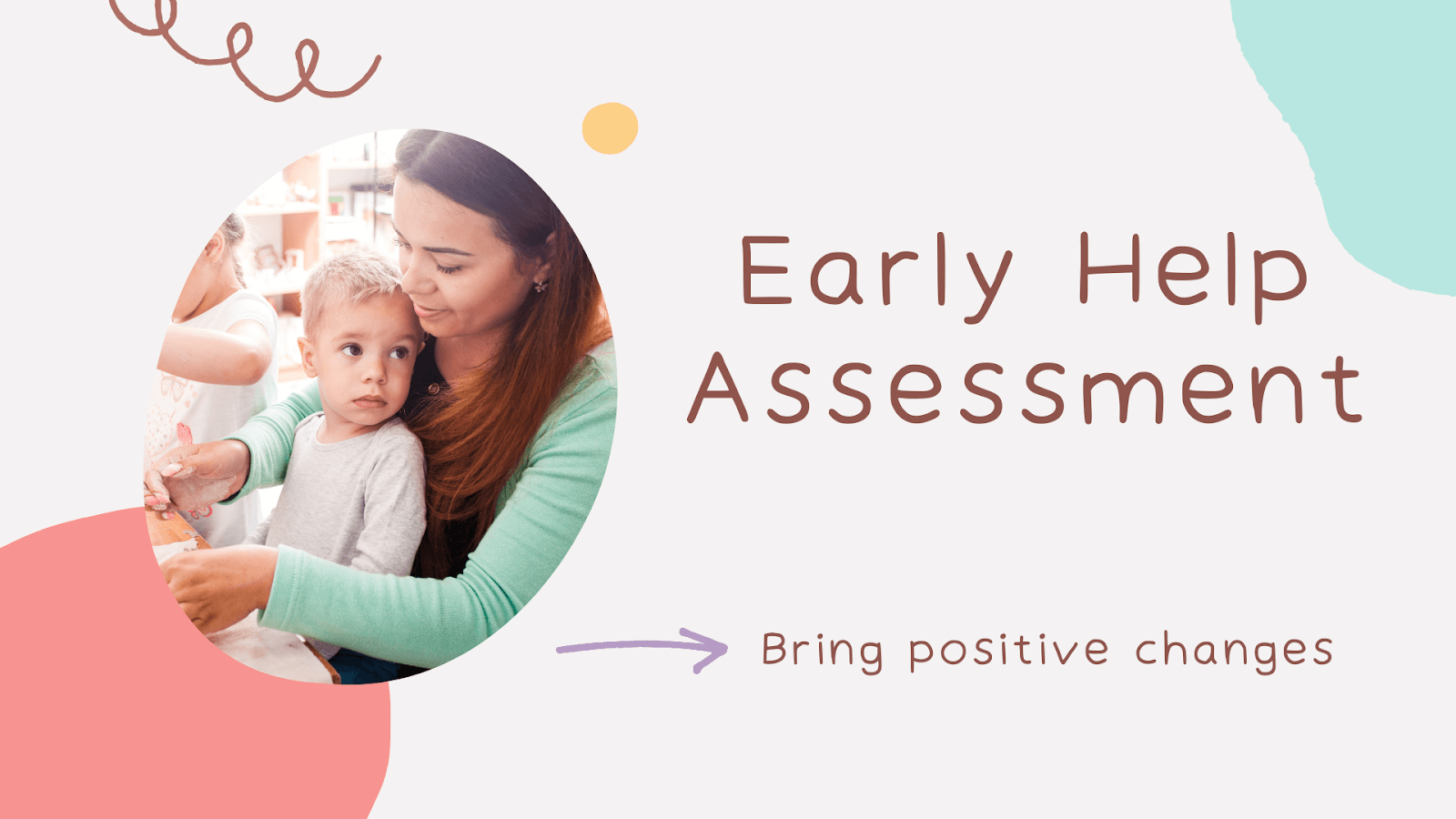Why are soft skills important in healthcare? Soft skills in healthcare are the interpersonal and communication skills that healthcare professionals use to interact with patients, their families, and colleagues. These skills are important for building trust and establishing positive relationships. And it helps create a comfortable and safe patient environment.
Table of Contents
What are Some Examples of Soft Skills in Healthcare?
Some examples of soft skills in healthcare include:
- Empathy
- Active listening
- Communication
- Problem-solving
- Teamwork
- Cultural competence
- Time management
- Flexibility
- Emotional intelligence
Healthcare professionals interact with patients daily. Soft skills to communicate effectively and empathise with their needs. That’s why soft skills are important in healthcare.
Why Soft Skills are Important in Healthcare
Soft skills are important in healthcare for several reasons. Firstly, healthcare professionals deal with patients who are often vulnerable or emotional. Therefore, communicating with empathy, active listening, and clear language can improve the experience.
In addition to improving patient outcomes, soft skills enhance collaboration and teamwork among healthcare professionals. They facilitate the creation of a positive work environment. Thus, employees feel supported and valued. And can also work together efficiently to provide the best possible patient care.
Also, soft skills are important for healthcare professionals to manage stress and burnout. With the constant demands of the healthcare industry, healthcare workers who possess soft skills such as emotional intelligence, problem-solving, and time management are better equipped to handle stressful situations and maintain a positive outlook and work-life balance.
Soft skills are essential in healthcare to improve patient experience and enhance teamwork. They complement clinical skills and knowledge and help deliver high-quality patient care. Healthcare is not just about providing medical treatment. It’s also about establishing relationships of trust and cares with patients. This is why soft skills are important in healthcare.
Are you looking to improve your soft skills and take your career to the next level?
Then, the 11 Essential Career Soft Skills course is the perfect solution for you. With modules covering communication, leadership, emotional intelligence, and time management, you’ll gain the essential skills to succeed in any workplace.
Don’t miss this opportunity to develop the essential soft skills to succeed in your career. Enrol in The 11 Essential Career Soft Skills course today!
What are the Four Most Important Areas of Soft Skills?
Soft skills are personal attributes, personality traits, and communication abilities. These are essential for success in the workplace and personal relationships. There are several important areas of soft skills. Still, the four most commonly recognised areas are:
Communication Skills
Communicating effectively with others is critical for success. It’s important in all areas of life, including personal relationships, education, and employment. This includes listening, speaking, writing, and non-verbal communication.
Interpersonal Skills
Interpersonal skills refer to soft skills required to work effectively with others, build relationships, and collaborate in teams. This includes empathy, active listening, conflict resolution, and giving and receiving feedback.
Leadership Skills
Leadership skills are motivating and inspiring others, building teams, and managing projects. This includes strategic thinking, problem-solving, decision-making, and delegation.
Emotional Intelligence
Emotional intelligence is understanding and managing own emotions, as well as the emotions of others. This includes self-awareness, self-regulation, motivation, empathy, and social skills.
By developing these four areas of soft skills, individuals can –
- improve their personal and professional relationships,
- enhance their communication abilities,
- work more effectively in teams,
- and succeed in their careers.
What are Communication Skills in Healthcare?

Communication skills in healthcare refer to the ability of healthcare professionals to convey information effectively and efficiently to patients, their families, and colleagues. Effective communication is essential in healthcare. It can improve patient outcomes, reduce errors, and enhance overall satisfaction.
Here are some examples of communication skills in healthcare:
Active Listening
The ability to listen carefully and attentively to patients and their concerns.
Clear and Concise Language
The ability to convey information that’s easy to understand and free from medical jargon.
Empathy
The ability to understand and relate to patients’ feelings and perspectives.
Non-verbal Communication
The ability to convey information through facial expressions, body language, and eye contact.
Interpersonal Communication
The ability to build rapport and establish positive relationships with patients and colleagues.
Written Communication
The ability to write clear, accurate notes, reports, and patient charts.
Cultural Competence
The ability to work effectively with patients from diverse cultural backgrounds.
Patient Education
It’s the ability to enlighten patients and their families. It can be about medical procedures, treatment plans, and disease management.
By honing their communication skills, healthcare professionals can provide better patient care. Reducing the risk of errors and improving overall patient satisfaction. In addition, communication skills are essential for building trust and establishing positive relationships. They are critical for ensuring patients receive the care they need to manage their health effectively.
Therefore, healthcare professionals must develop and improve their soft skills continuously. It will help them be effective in their roles and provide the best possible care. So why are soft skills important in healthcare? Because they can make a significant difference in the lives of patients and their families.
Why Communication Skills are Important in Healthcare
Communication skills are important in healthcare for several reasons:
Improved Patient Outcomes
Effective communication can help healthcare professionals understand their patient’s needs and concerns. It can lead to more accurate diagnoses, better treatment plans, and improved patient outcomes.
Reduced Errors
Good communication can help reduce the risk of errors. For example, medication errors or misdiagnoses can seriously affect patient health.
Increased Patient Satisfaction
When healthcare professionals communicate effectively, patients feel heard, understood, and cared for. Thus, it increases patient satisfaction.
Improved Patient Compliance
Clear communication can help patients to understand their treatment plans. Also, it helps manage their conditions more effectively. Leading to improved compliance and better health outcomes.
Enhanced Teamwork
Effective communication is essential for building positive relationships with colleagues. Leading to better collaboration, more effective problem-solving, and improved patient care.
Decreased Healthcare Costs
Communication can help reduce unnecessary tests, procedures, and appointments, lowering healthcare costs.
Soft skills enable healthcare professionals to collaborate with colleagues, build strong teams and achieve common goals. This is why soft skills are important in healthcare.
In summary, communication skills are important in healthcare. They can improve patient outcomes, reduce errors, and increase patient satisfaction. They also enhance teamwork, improve compliance, and decrease healthcare costs.
What are Interpersonal Skills in Healthcare?
Communicating and interacting effectively with other people are known as interpersonal skills. In healthcare, interpersonal skills are critical for building strong relationships with patients, their families, and colleagues. Some key interpersonal skills that are important in healthcare include:
Compassion
Compassion is an important interpersonal skill in healthcare. It allows healthcare professionals to connect with their patients on a deeper level and provide emotional support.
Respect
Healthcare professionals should treat all patients and their families with respect and dignity. They deserve it regardless of their background or circumstances.
Cultural Competence
Healthcare professionals must be able to work effectively with patients from diverse cultural backgrounds. This requires an understanding of different cultural values and beliefs.
Teamwork
Healthcare professionals must work effectively in interdisciplinary teams, which requires strong teamwork and collaboration skills.
Overall, interpersonal skills are critical in healthcare. And they can help healthcare professionals to build strong relationships with patients, their families, and colleagues and provide the best possible care.
Why Interpersonal Skills Are Important in Healthcare

Interpersonal skills are important in healthcare for several reasons:
Building Trust
Patients and their families are likelier to trust healthcare professionals who communicate with empathy, active listening, and respect. Trust is essential to the patient-provider relationship and can improve health outcomes.
Improving Communication
Effective communication is essential in healthcare. It ensures patients and their families understand their diagnosis, treatment options, and care plan. Interpersonal skills like active listening, empathy, and clear communication can help healthcare professionals to communicate more effectively with their patients.
Enhancing Patient Satisfaction
Patients who feel heard, respected and understood are satisfied with their healthcare experience. In addition, interpersonal skills such as empathy, active listening, and compassion can help healthcare professionals to improve patient satisfaction.
Improving Outcomes
Healthcare professionals who communicate effectively and build strong relationships with patients are more likely to identify and address health problems early, which can improve patient outcomes.
Reducing Errors
Effective communication and teamwork are essential to reducing medical errors and improving patient safety. Interpersonal skills such as teamwork, collaboration, and respect can help healthcare professionals to work together more effectively and reduce errors.
Overall, interpersonal skills are important in healthcare because they can help healthcare professionals to
- build strong relationships with patients,
- communicate more effectively,
- improve patient satisfaction,
- enhance outcomes,
- reduce errors.
Healthcare professionals with strong soft skills can effectively manage difficult situations and create positive outcomes for patients. This is why soft skills are important in healthcare.
What are the 6 Core Skills?

The six core skills refer to fundamental skills considered essential. It helps achieve success in various areas of life, including education, employment, and personal relationships. These skills are often referred to as “21st-century skills” and include the following:
Critical Thinking
To analyse and evaluate information to make sound decisions and solve problems.
Communication
The ability to convey information effectively through speaking, writing, and listening.
Collaboration
The ability to work effectively with others in a team setting to achieve shared goals.
Creativity
To think and generate new ideas and solutions.
Information Literacy
Locate, evaluate, and use information effectively and responsibly.
Media Literacy
The ability to analyse and evaluate media messages and to use media effectively and responsibly.
These skills are increasingly important in today’s rapidly changing. Also, they are highly valued by employers and educators. By developing these skills, individuals can improve their academic and professional success. As well as their relationships and overall quality of life. The ability to effectively listen, communicate and show empathy can make a huge difference in a patient’s healthcare journey. If you’re still wondering, why are soft skills important in healthcare. That’s why!
What Skills Do Most Healthcare Workers Need?
Most healthcare workers need diverse skills to perform their duties effectively and provide high-quality care to patients.
One of the most important skills that healthcare workers need is strong communication skills.
Effective Communication
Effective communication helps build strong relationships with patients, their families, and colleagues and provides clear and accurate information about medical conditions, treatment options, and care plans.
In addition to communication skills, healthcare workers must have empathy and compassion for their patients, which can improve patient outcomes and satisfaction.
Technical Skills
Technical skills are also essential for healthcare workers. These skills include a strong understanding of medical terminology, clinical procedures, electronic health records, and medical coding and billing processes. Healthcare workers also need to be able to think critically and solve complex problems related to patient care. And this requires strong critical thinking and problem-solving skills.
Time Management
Time management and organisation skills are also important for healthcare workers. They must manage their time effectively and stay organised to ensure patients receive timely and appropriate care. Teamwork and collaboration skills are also essential, as healthcare workers often work as part of interdisciplinary teams to provide comprehensive patient care.
Finally, cultural competence is important for healthcare workers. Sometimes they may have to work with patients from diverse cultural backgrounds. And they will require an understanding of different cultural values and beliefs.
Summary
So, why are soft skills important in healthcare? Soft skills can help healthcare professionals manage stress, stay motivated and avoid burnout. All of these lead to better job satisfaction and retention rates. That’s why soft skills are important in healthcare.
Overall, healthcare workers need technical and soft skills to perform effectively. Also, provide patients with high-quality care. In addition, building good relationships with patients and communicating effectively can improve patient outcomes.You can learn The 11 Essential Career Soft Skills to take the next step in your career. Be that healthcare professional that everyone looks up to.



 Office Administration
Office Administration  Get A PDF Certificate & Transcript After You Complete Your Course
Get A PDF Certificate & Transcript After You Complete Your Course  Social Media Marketing Course with Optional Digital Marketing Course
Social Media Marketing Course with Optional Digital Marketing Course  Gain Access To All Courses For A Year
Gain Access To All Courses For A Year 



 April 26, 2023
April 26, 2023








